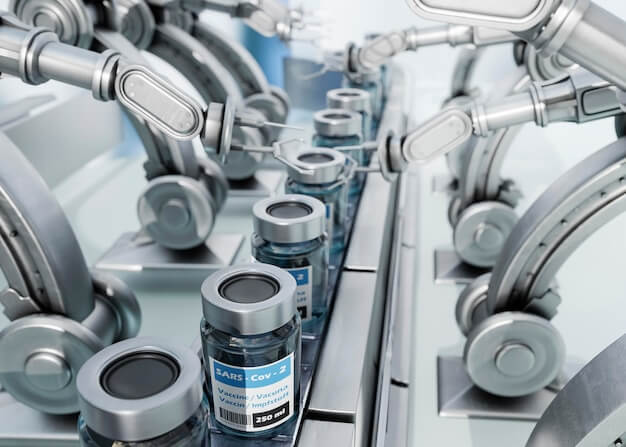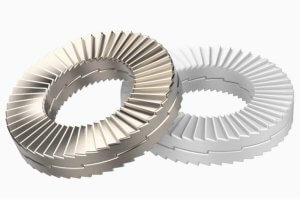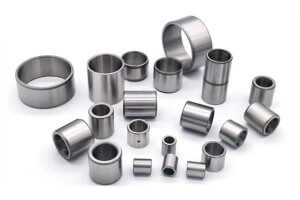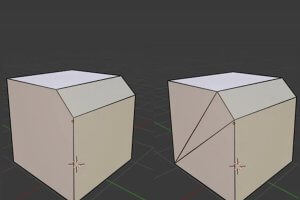Introduction to CNC Materials: Polycarbonate and ABS
Computer Numerical Control (CNC) stands as a cornerstone in modern manufacturing, enabling the precise and automated shaping of materials. Among the plethora of materials machinable by CNC, polycarbonate and ABS emerge as common choices due to their distinct properties. Polycarbonate is celebrated for its exceptional impact resistance and clarity, making it ideal for applications requiring durability and visual aesthetics. ABS, on the other hand, is known for its toughness, good thermal stability, and ease of machining, which suits a wide range of industrial applications. Both materials exemplify the versatility of CNC machining in adapting to various technical requirements.
- Polycarbonate: High impact resistance, clear transparency.
- ABS: High toughness, good thermal stability.
Understanding Polycarbonate
Polycarbonate is a durable plastic known for its exceptional impact resistance, making it an ideal material for applications requiring high strength and resilience. This thermoplastic polymer is characterized by:
- High impact resistance: It can absorb force without breaking, distinguishing it from other materials.
- Transparency: Polycarbonate allows the passage of light almost as well as glass, making it suitable for optical applications.
- Temperature resistance: It withstands extreme temperatures, both hot and cold, without degrading.
An illustrative example of polycarbonate’s strength is its use in bulletproof glass. This application showcases not only the material’s ability to resist impact but also its clarity and durability under extreme conditions.
Exploring ABS (Acrylonitrile Butadiene Styrene)
ABS, short for Acrylonitrile Butadiene Styrene, is a common thermoplastic polymer known for its strength and durability. Its characteristics include:
- High impact resistance
- Good mechanical properties
- Excellent electrical insulation properties
- Resistance to chemical and physical stress
ABS’s impact resistance is one of its most notable features, making it an ideal material for applications requiring toughness. A prime example of ABS’s durability can be seen in LEGO bricks. These toys are subjected to considerable force and frequent use, yet they maintain their shape and functionality over time, demonstrating ABS’s robustness and reliability.
Comparing Impact Resistance
When comparing the impact resistance of CNC materials, it’s essential to consider the properties of polycarbonate and ABS. Factors such as toughness, durability, and resistance to breakage play a crucial role in determining the suitability of these materials for CNC applications. To explore the impact resistance further, it’s advisable to consult experts in Precision Machining Service for comprehensive insights.
Factors Influencing Material Choice: Polycarbonate vs. ABS
When choosing between polycarbonate and ABS for CNC materials, several factors beyond mechanical properties come into play. These considerations include:
- Cost: ABS is generally less expensive than polycarbonate, making it a preferred choice for projects with tight budgets.
- Application Environment: Polycarbonate’s superior resistance to impact and temperature makes it suitable for applications in harsh environments. For instance, it’s often chosen for outdoor equipment exposed to extreme weather conditions.
Specific scenarios dictate the preference for one material over the other. For example, in the manufacturing of safety goggles, the high impact resistance and clarity of polycarbonate make it the ideal choice over ABS, which might be selected for indoor applications like prototype models where cost and ease of processing are prioritized.
Other Articles You Might Enjoy
- From Concept to Reality: Material Prototyping Challenges in CNC Machining
Introduction to CNC Machining and Material Prototyping CNC (Computer Numerical Control) machining stands as a cornerstone in modern manufacturing, enabling the precise and automated creation of parts from various materials.…
- Precision CNC Machining of Steel: High-Volume Production
Precision CNC Machining and High-Volume Production As an integral part of modern manufacturing processes, Precision Computer Numerical Control (CNC) machining brings about unmatched accuracy and consistency in the production of…
- Solving CNC Machining Challenges with Material Science: Innovations in Metal Alloys and Plastics
Introduction to CNC Machining and Its Challenges CNC (Computer Numerical Control) machining is a critical process in manufacturing, enabling precise, efficient production of complex parts. It plays an integral role…









